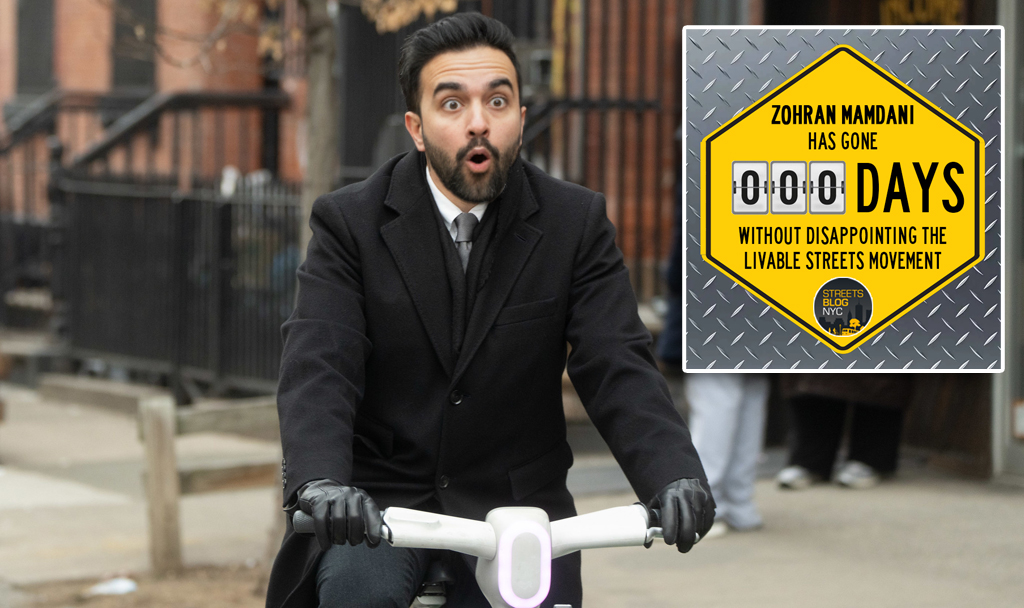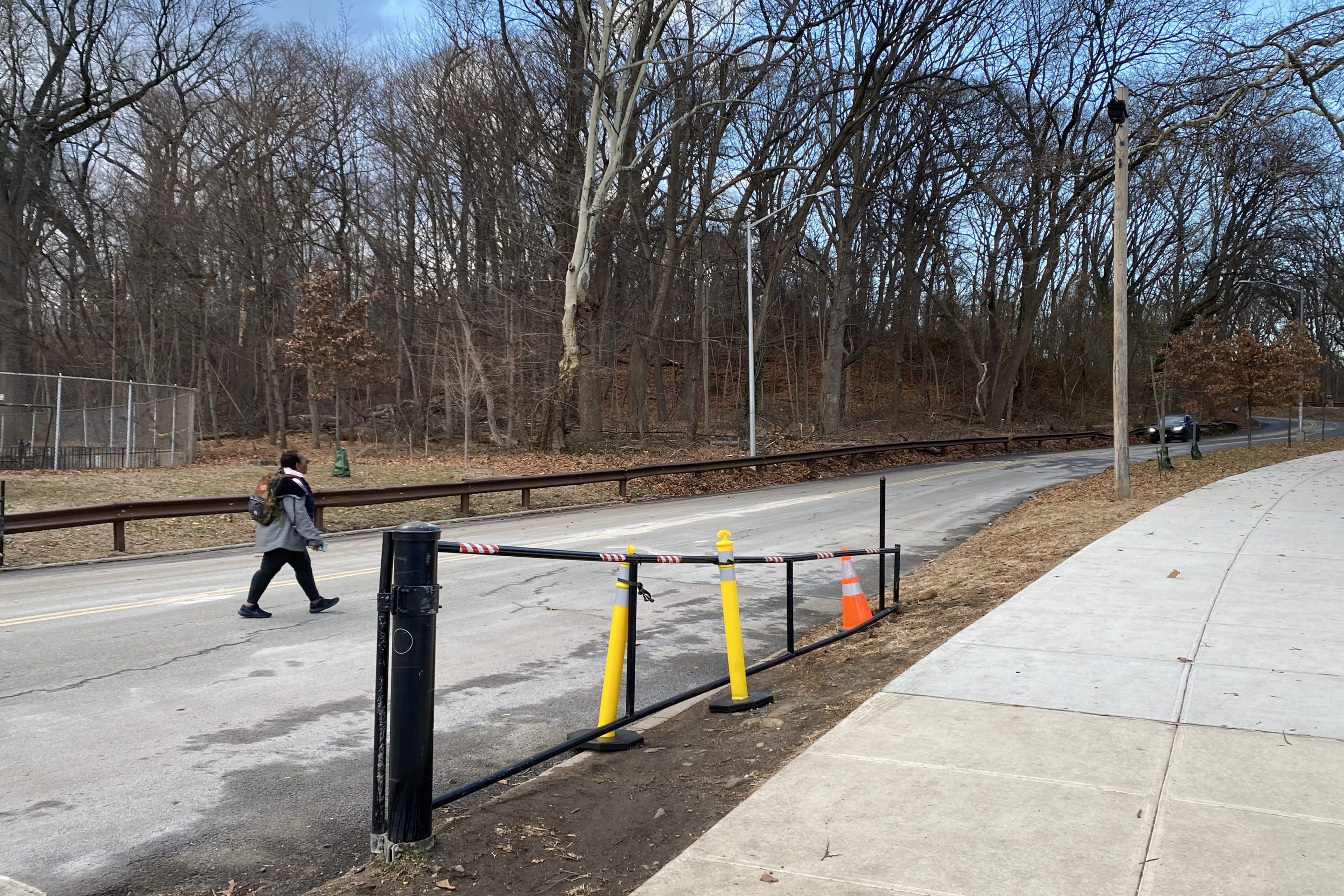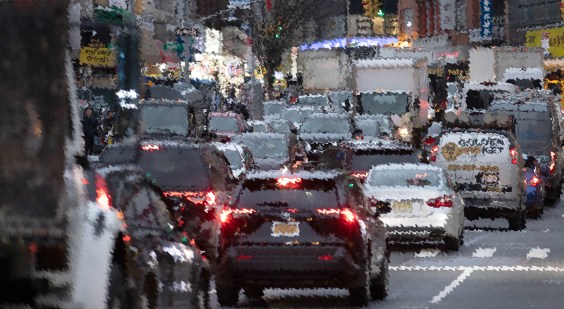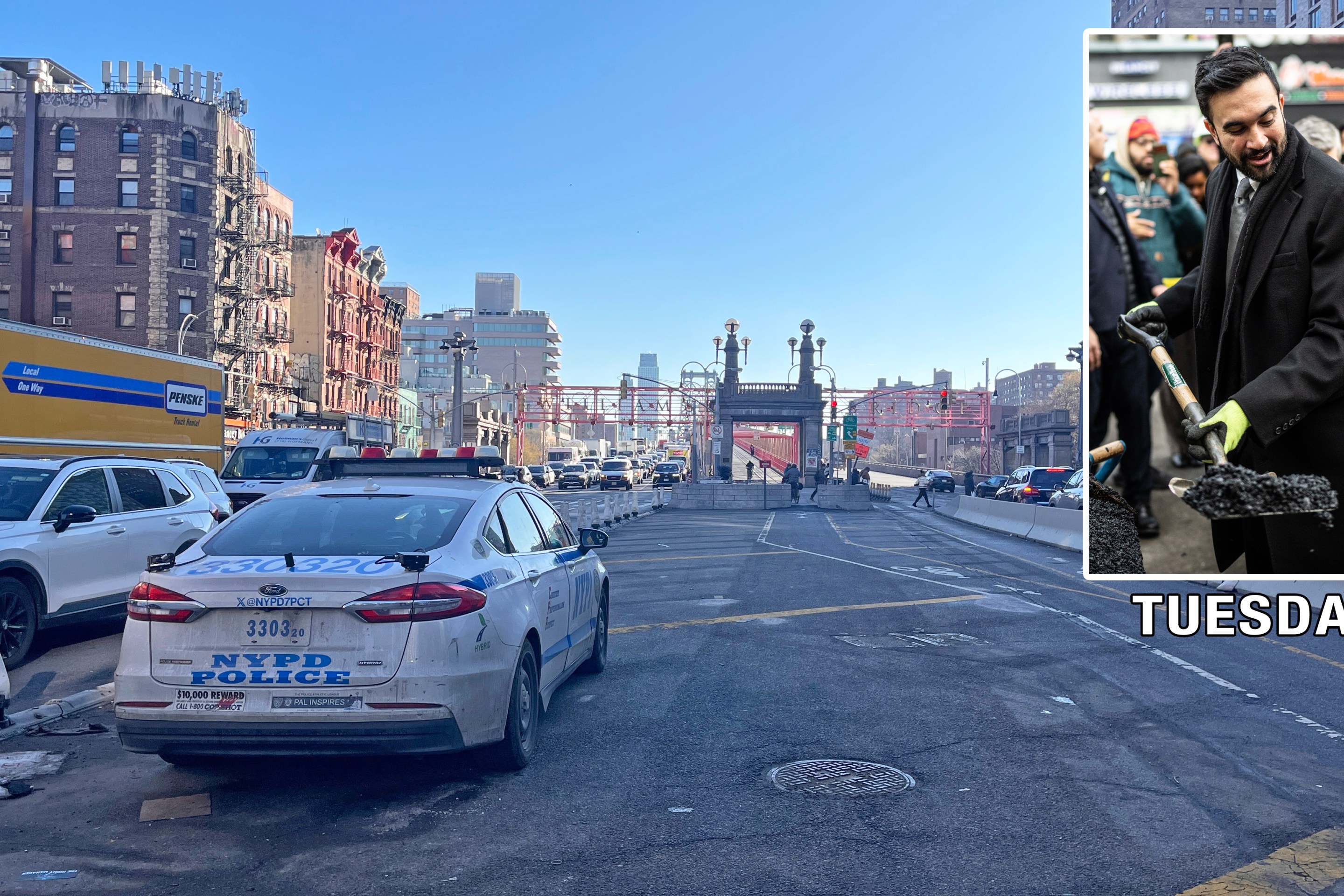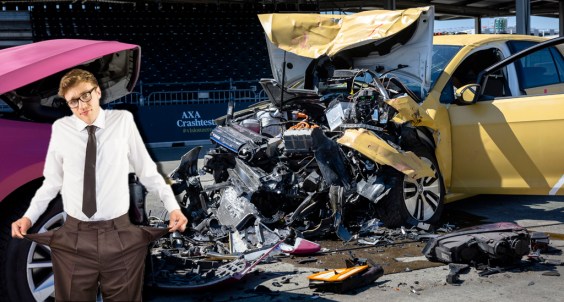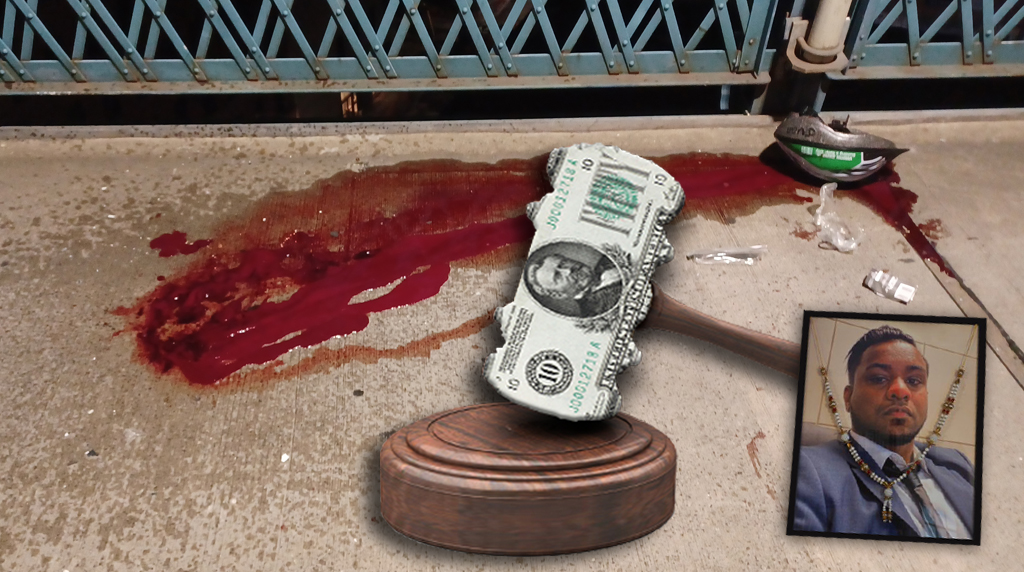
The MTA is starting to repair some of the damage done by 2010's devastating round of service cuts. The transit agency has announced a new set of transit service improvements worth $29 million a year, making up roughly a third of what was cut in 2010. Riders will also get a two-month reprieve from next year's planned fare hike, with the higher prices now set to kick in on March 1.
In New York City, the new spending is focused on the bus system, not the subway. The five-stop G train extension in Brooklyn will be made permanent, but that's the only enhancement to the subway system. The W and V trains aren't coming back, and the MTA is sticking to revised rules that tolerate more crowding and less service. Subway ridership, in stark contrast to bus ridership, has continued to reach record levels despite the service cuts.
In all five boroughs, service will be restored to some of the bus routes that were scaled back. Riders on 24 bus routes will benefit. One of the lines -- the B39 -- has been revived after being eliminated entirely in 2010. The other restorations will lengthen routes, add more frequent bus runs, or bring back off-peak service. The full list of improvements is available on the MTA's website.
Though many of the 2010 bus cuts will remain, brand-new bus service is being added to fast-growing areas like the Williamsburg waterfront and Manhattan's West Side, or to under-served areas like Hunts Point and Queensborough Community College in Bayside. It appears that the MTA has at least used the budget crisis to reallocate resources to where they are most needed in the bus network.
Commuter railroad riders will also see better service, especially on Metro-North, which will add 230 trains a week to its schedule, reports the New York Times. It's the largest service expansion in the agency's history. The new service will mostly run off-peak in response to the growing popularity of the railroad for non-commute trips.
The restoration of transit service is incomplete and the fiscal situation underlying these limited improvements remains extremely fragile. Lawmakers in Albany could continue to raid dedicated transit funds, or fail to make the MTA whole for after cutting the payroll mobility tax, or saddle riders with even more debt to pay off unless they fund the upcoming MTA capital plan. Advocates and riders will need to hold Governor Andrew Cuomo and the legislature accountable to make sure New York sees more transit restored, rather than another round of cuts.
Today, though, it's worth enjoying the good news about transit when you can.
